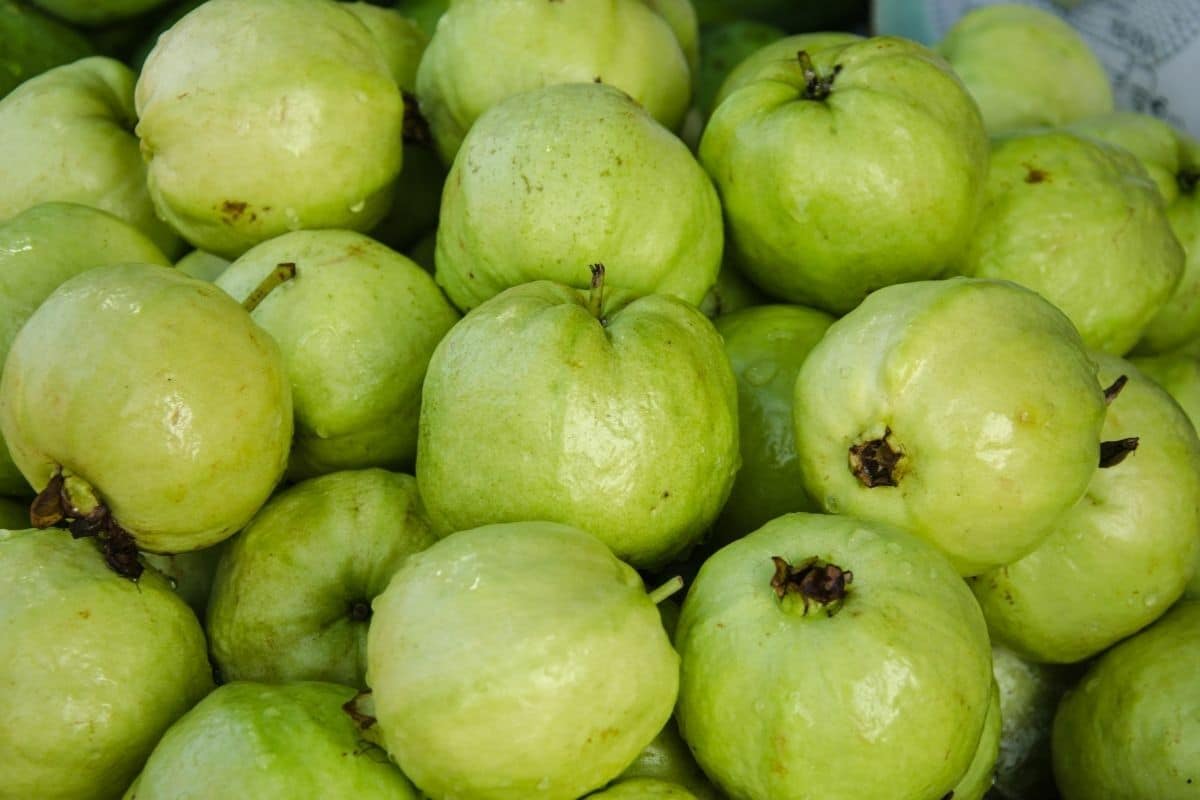Russian teacher urges Thais to drop ‘Farang’ if ‘Ni Hao’ is deemed racist

A Russian language teacher urged Thai people to stop using the word “farang” to refer to foreigners if they view the term “Ni Hao” as racist.
The controversy surrounding the phrase “Ni Hao” erupted on Thai social media after a former Thai-Scottish park ranger, Siranudh “Sai” Scott, shared a video about the issue last week. In the video, Sai explained that he approached a foreign tourist to warn him not to be racist after the man shouted “Ni Hao” at him and laughed with his girlfriend.
Sai asked the tourists to leave the national park in Krabi due to their disrespectful behaviour. He even threatened to have them deported if they repeated the phrase in front of him again.
Online opinions were divided. Some Thais claimed that Sai overreacted, saying they were not offended by the Chinese greeting.
Others, particularly those with experience living abroad, agreed with Sai, believing the foreign tourist intended to insult Thai people based on their own similar experiences.
Russian language teacher Sergei Sychoff, who goes by the nickname Gei, also shared his thoughts on the incident via a video posted on his TikTok account, @krusudsud. Sychoff emphasised that “Ni Hao” is not inherently racist, stating that the speaker’s intention determines its meaning.

He said…
“Saying ‘Ni Hao’ and laughing doesn’t always mean racism. I’ve experienced similar things often in Thailand. Thai people often say ‘farang’ and laugh, like ‘farang wants to buy something’ or ‘farang eats farang (guava in Thai)’. I didn’t see it as racist. I just thought it was a bad joke. If you’re angry at someone for saying ‘Ni Hao’ to you, you should stop using the word ‘farang’.”

Thai netizens agreed that the speaker’s intention can influence the interpretation of words or phrases. However, they strongly disagreed with Sychoff’s suggestion that “farang” is used in a racist manner. Many urged him to research the term more deeply before posting the video. Comments included…

“First, you should study the word ‘farang’ more carefully. It’s been used since the reign of King Rama V. Let’s see why the King referred to Europeans as ‘farang’.”
“This is Thailand, and we greet each other by saying ‘Sawasdee’, not ‘farang’, right?”
“You said intention is important. So when someone says ‘Ni Hao’ and laughs, what’s the intention?”
“We just call you ‘farang’ with neutral feelings. There’s no racist intent.”

According to the Silpa Wattanatham website, the word “farang” originated in the Middle Ages around the late 15th century. It is related to the Germanic Franks. In the past, Muslims in the Middle East referred to Europeans as “Franj”, derived from Franks, regardless of whether they were French, Norman, German, English, or Italian.
Linguistic evolution and pronunciation changes in different regions led to variations of the word: Farang in Persia, Firangji in Hindi, Barang in Khmer, and Farang in Thai.

Due to frequent contact between Thai people and Persian traders at the time, the word “farang” entered Thai vocabulary. It was also used to describe imported products, such as man farang (potato), phak chi farang (culantro), mak farang (chewing gum), and farang (guava).
However, a variation of the term, “farang khi nok” is considered offensive. Khi nok translates to “bird droppings,” referring to the white colour of the excrement and, by implication, the skin tone of Europeans.

Following the backlash, Sychoff deleted the original video and posted an apology on his TikTok account. He stressed that he is not racist and does not support racism. He stated that he respects Asian culture, and his intent was merely to highlight how people can be unintentionally racist through language use.
@krusudsud
Latest Thailand News
Follow The Thaiger on Google News:


























